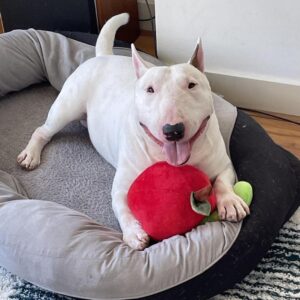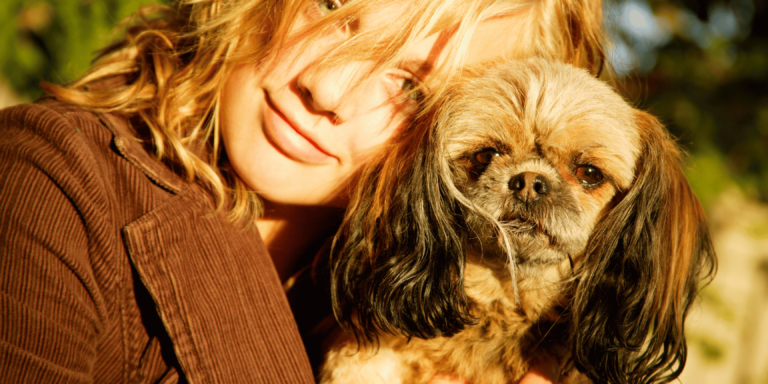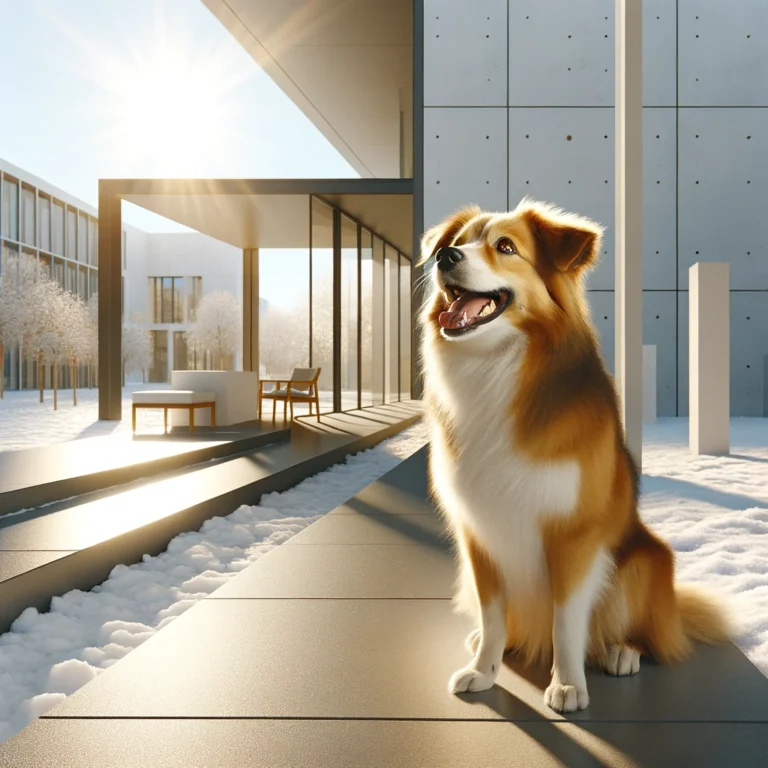What Are Samoyeds?
Samoyeds are a breed known for their adaptable nature and friendly temperament. These charming dogs originate from Siberia and belong to the Spitz group. They are characterized by their dense, weather-resistant coat and robust constitution. Samoyeds make ideal companions for active families as they love spending time outdoors and require plenty of exercise. Their friendly disposition and strong bonding capabilities make them popular pets. If you're looking for a loyal and loving companion, the Samoyed might be the right choice for you!
Living with a Samoyed
Here’s what other dog owners are saying
Samoyeds are a fascinating breed, known for their impressive beauty and lovable personality. These charming fluff balls are recognized for their fluffy white coats and friendly nature. As part of our Petbnb Community, we asked many Samoyed lovers to provide authentic insights into these wonderful dogs. Learn more about their characteristics, care needs, and why they are so popular!
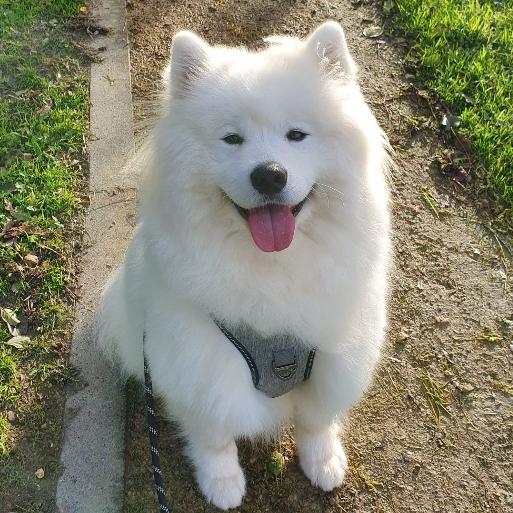
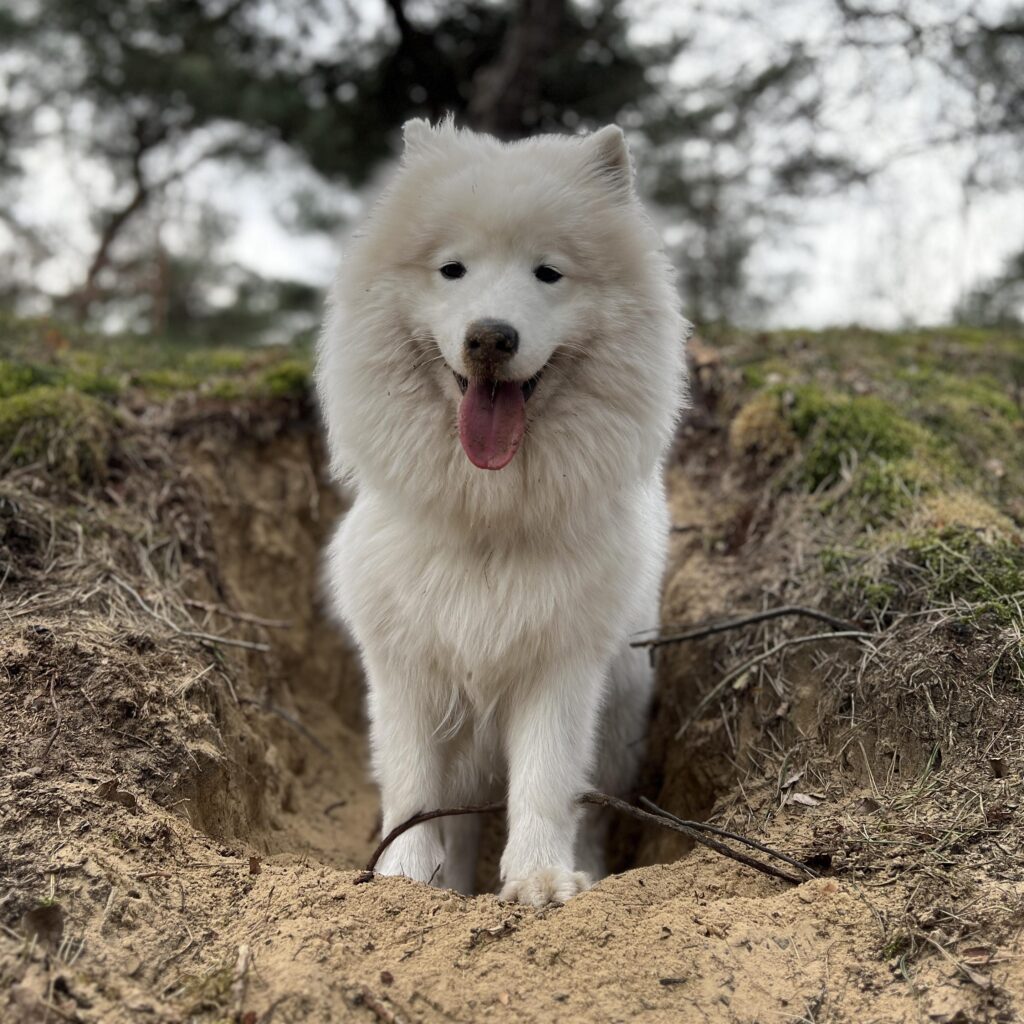
The Benefits of Samoyeds
The benefits of Samoyeds lie in their friendly and loving nature, their suitability as family dogs, and their graceful appearance. These dogs are known for their loyalty, intelligence, and gentle demeanor. Samoyeds are also known for their excellent social skills and ability to get along well with children and other pets. Their fluffy coats make them attractive companions for people who enjoy spending time outdoors.
„Die Rasse ist hypoallergen und sehr kinderfreundlich sowie gesellig gegenüber Menschen. Du kannst mit ihr lustige Aktivitäten unternehmen.“ – Iyabo
How Do Samoyeds Interact with Children and Other Family Members?
They are particularly tolerant of children (especially small children!). Very gentle. Strong pack mentality. Loves to stay close to family members at home. Watches over the whole family and welcomes everyone home.
„Als unser Hund 9 Monate alt war (also wirklich noch jung), wurde unser Sohn geboren. Wir haben darauf geachtet, unserem Hund Aufmerksamkeit und/oder eine Belohnung zu geben, jedes Mal wenn wir mit dem Baby beschäftigt waren. So haben wir ihm beigebracht, dass es etwas Positives ist. Mein Sohn ist jetzt 17 Monate alt und sie sind beste Freunde. Sie gehen vorsichtig miteinander um und spielen zusammen.“ – Georg
What Should Be Considered When Grooming a Samoyed?
When grooming a Samoyed, it's important to brush regularly to prevent matting and keep the coat healthy. Special attention should be given during shedding periods as Samoyeds can shed heavily. A weekly bath can help remove loose hair and keep the coat clean. Regular nail trimming and ear cleaning are also important aspects of grooming. It's advisable to consult a veterinarian or professional groomer to learn proper grooming practices and ensure your Samoyed's well-being.
„Bürste jeden zweiten Tag. Zuerst mit einem Kamm speziell für das dichte Unterfell und dann mit einer anderen Bürste für das Oberfell. Während des Haarwechsels das Unterfell besonders gründlich kämmen. Deine Schlafanzüge 2 oder 3 Mal in der Dusche waschen. Es nicht zulassen, dass es getrimmt wird. Pfoten und Fell um den Schwanz/Po können in diesen Bereichen bei Bedarf öfter gewaschen werden.“ – Mara
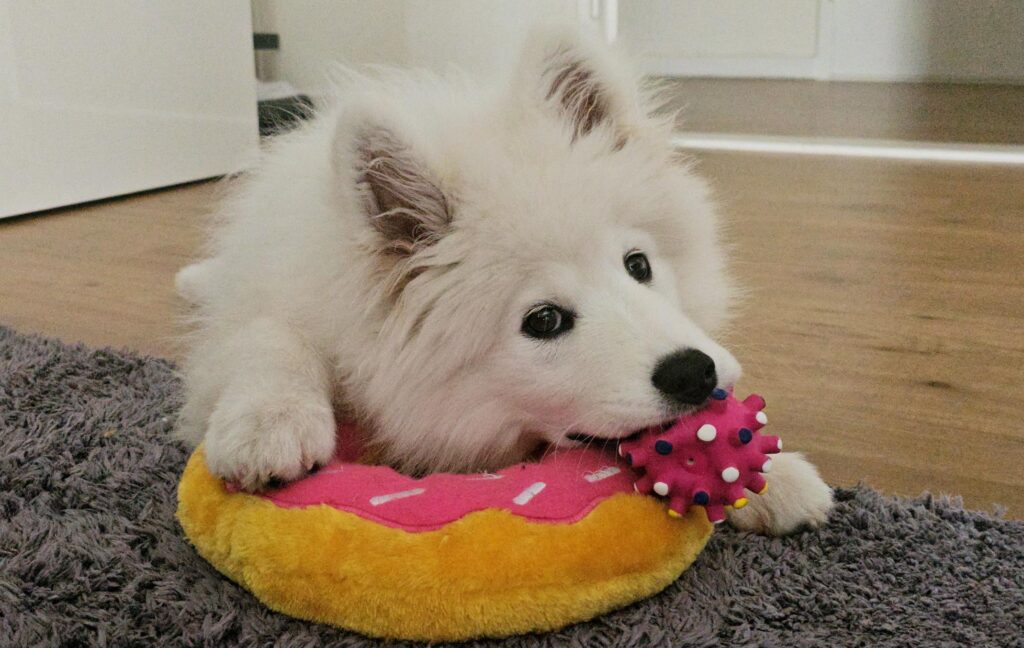
What Can Samoyeds Eat?
When feeding Samoyeds, it's important to choose high-quality dog food that contains all necessary nutrients. A balanced diet should consist of animal proteins, healthy carbohydrates, and essential fats. Suitable foods include lean meats like chicken or beef, cooked vegetables like carrots or sweet potatoes, and small amounts of fruits like apples or berries. It's important to avoid foods that can be toxic to dogs, such as chocolate, onions, or raisins. An individual consultation with a veterinarian can help ensure an optimal diet for your Samoyed.
„Mein Samojede reagisert empfindlich auf Getreide. Ich wähle also getreidefreie Produkte mit so wenigen Zusatzstoffen wie möglich.“ – Karina

What Costs Are Associated with a Samoyed?
The costs of owning a Samoyed can vary. The major expenses include the purchase cost of the dog itself, veterinary costs for vaccinations, regular check-ups, and possible emergencies, as well as the cost of high-quality dog food and accessories such as a leash, collar, and bed. Additionally, expenses for grooming, training, and possible insurance may arise. It's important to consider these costs in advance and create a corresponding financial plan.
„Der Kaufpreis ist ziemlich hoch. Du wirst regelmäßig Kau- und Kuschelspielzeuge, sowie für Ernährung, Training, Gesundheitsvorsorge, strapazierfähige Geschirre und Leinen, usw. kaufen müssen, da sie Zughunde/Schlittenhunde sind… sie sind sehr kräftig und das zeigt sich auch beim Gehen…“ – Iyabo
What Training Is Right for Samoyed Puppies?
For the optimal development of your Samoyed puppy, some essential training steps are crucial:
Keep training and rules consistent so that your puppy has clear expectations and feels secure.
Reward desired behavior with praise, treats, or toys to reinforce it and build motivation.
Introduce your puppy to different social situations early and in a controlled manner to prevent fear and uncertainty, and to encourage balanced behavior.





